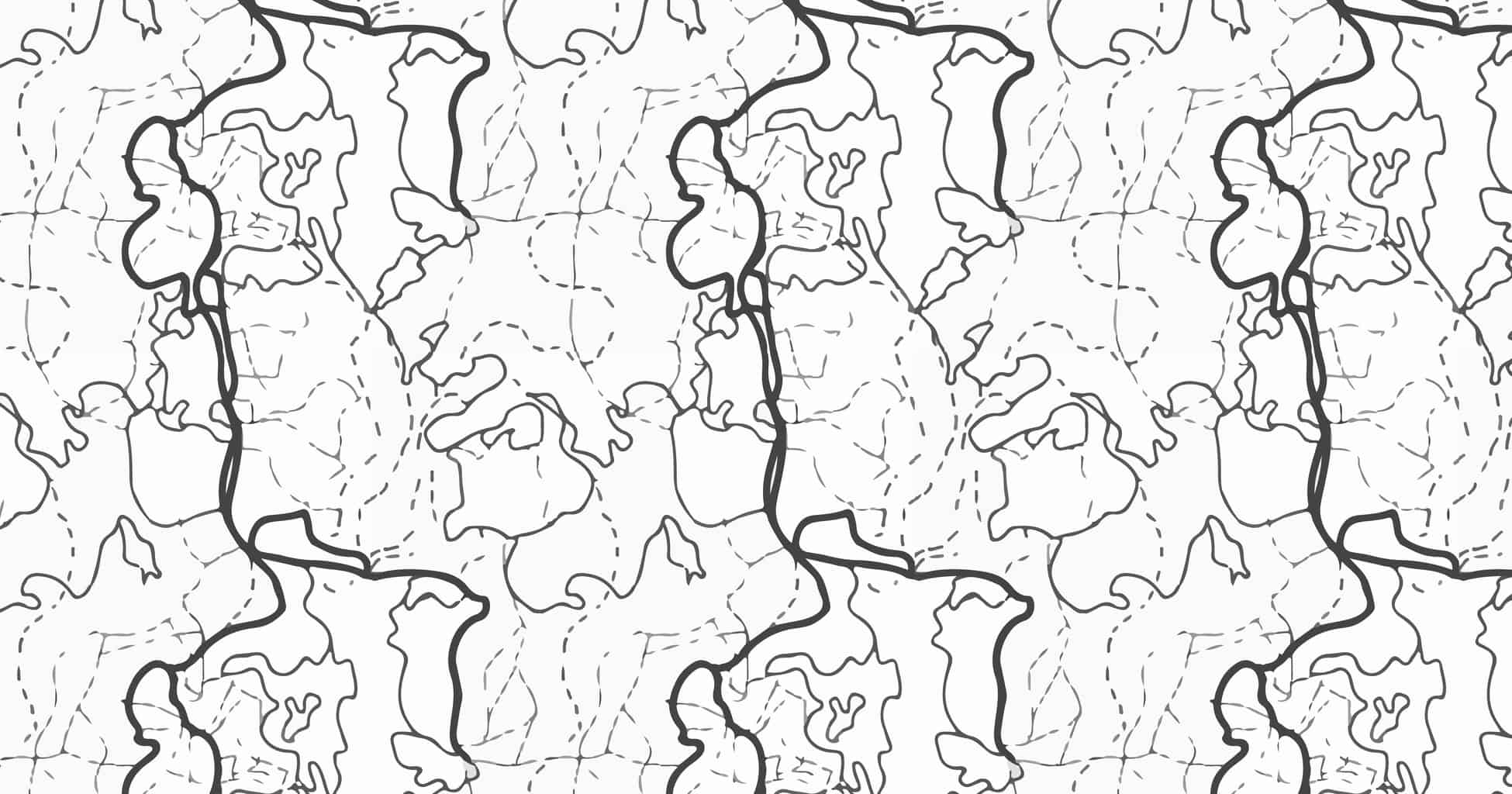Syria & Golan Heights
Syria & Golan Heights
Since 2011, Syria has been on the United Nations Security Council’s agenda, when President Assad’s aggressive actions against pro-democracy protesters during the Arab Spring became more frequent and increasingly violent, leading to civil war and terrorist violence within the country.
Insecurity is the primary concern for women, yet in spite of their limited operating environment, women activists have organized nonviolent protests, distributed and monitored humanitarian aid, documented human rights violations, created safe spaces for women and children, and worked at the local level to set up ceasefires, prisoner releases, and elections.
Based on the work of NGOWG members and their partners, the NGOWG advocates for ensuring women’s needs— such as secure access to sanitation facilities and hygiene, and health assistance— are adequately addressed, and that Syrian women are equally and meaningfully participating in the UN-facilitated political process and in the design and implementation of ceasefire monitoring mechanisms.
Golan Heights
Golan Heights, a disputed plateau in south-western Syria, is home to an equal number of Syrians and Jewish settlers, and since 1973, United Nations Disengagement Observer Force (UNDOF) peacekeepers have observed a contested territorial line between Israel and Golan Heights.
In the current Syrian conflict, Golan Heights has become a key strategic geopolitical position, causing an escalation in violence and increased violations of the ceasefire territorial agreements. Recent advances and attacks by the Islamic State of Iraq and the Levant (ISIL) have concerned residents of Golan Heights— particularly given ISIL’s systematic denial of women’s rights and perpetuation of violations against women.
Based on the work of NGOWG members and their partners, the NGOWG advocates for addressing the increasing gender imbalance in UNDOF by deploying a higher percentage of women, and inclusion of gender-specific language in the UNDOF mandate.
Current and Past Recommendations to the UN Security Council (Monthly Action Points)
The Council is expected to consider the situation in Syria, with a particular focus on the current humanitarian situation. In many cases, parties to the conflict are preventing necessary humanitarian services from reaching critical areas in need. In the context of reporting, in accordance with SCR 2139 (2014) and SCR 2165 (2014), the Council should call for:
- Gender-sensitive reports and briefings, which provide information on the scope of the situation for women, men, girls and boys and the inclusion of particularly marginalized groups, such as women and adolescent girls who head households, and/or women who have disabilities or are care-givers of persons with disabilities.
- Investigations into the sexual exploitation of Syrian women and girls by aid workers in exchange for goods and services.
- OCHA to work with civil society organizations, to devise a localized relief effort reflective of each area’s unique needs and characteristics.
- The Government of Syria to expand humanitarian access in accordance with SCR 2139 (2014) and SCR 2165 (2014).
- The establishment of a monitoring mechanism, which includes international and Syrian civil society organizations, to oversee and report on the distribution of humanitarian aid relief.
- Strengthened efforts to utilize sex and age disaggregated data, ensuring responses meet the needs of displaced women and girls, and provide easily accessible public transportation to facilitate safe access to information and services.
- The implementation of SCR 2122 (2013) to ensure women’s participation in all political efforts to resolve the conflict, the inclusion of a Technical Expert Support Team comprised of 50% women in the next rounds of peace talks, the assignment of capable gender advisers to the UN Special Envoy and negotiating teams, and stronger consultation of grassroots women groups and civil society representatives to inform the content and outcome of the negotiations.
The Council is expected to consider the situation in Syria, with a particular focus on the current humanitarian situation. In many cases, parties to the conflict are preventing necessary humanitarian services from reaching critical areas in need. In the context of reporting, in accordance with SCR 2139 (2014) and SCR 2165 (2014), the Council should call for:
- Gender-sensitive reports and briefings, which provide information on the scope of the situation for women, men, girls and boys and the inclusion of particularly marginalized groups, such as women and adolescent girls who head households, and/or women who have disabilities or are care-givers of persons with disabilities.
- Investigations into the sexual exploitation of Syrian women and girls by aid workers in exchange for goods and services.
- OCHA to work with civil society organizations, to devise a localized relief effort reflective of each area’s unique needs and characteristics.
- The Government of Syria to expand humanitarian access in accordance with SCR 2139 (2014) and SCR 2165 (2014).
- The establishment of a monitoring mechanism, which includes international and Syrian civil society organizations, to oversee and report on the distribution of humanitarian aid relief.
- Strengthened efforts to utilize sex and age disaggregated data, ensuring responses meet the needs of displaced women and girls, and provide easily accessible public transportation to facilitate safe access to information and services.
- The implementation of SCR 2122 (2013) to ensure women’s participation in all political efforts to resolve the conflict, the inclusion of a Technical Expert Support Team comprised of 50% women in the next rounds of peace talks, the assignment of capable gender advisers to the UN Special Envoy and negotiating teams, and stronger consultation of grassroots women groups and civil society representatives to inform the content and outcome of the negotiations.
Relevant Resources







